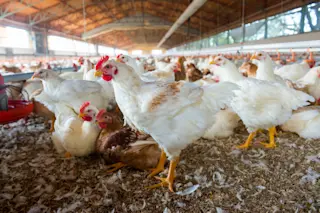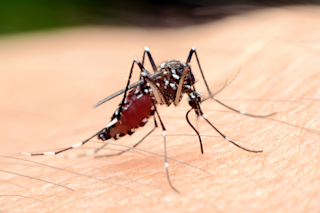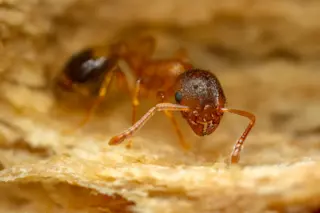• Better, Kinder BurgersAnimal-rights advocates are getting more sophisticated—and more effective—but the specter of violence still lurks in the background of their continuing political crusade.
People for the Ethical Treatment of Animals (PETA) claimed victory last June after more than 950 "Murder King" protest rallies spread over five months prompted Burger King, the world's second largest fast-food chain, to announce new guidelines for its meat and egg suppliers, including extra water, wing room, and fresh air for egg-laying hens, and mandatory stunning of pigs and cattle prior to slaughter. Surprise inspections by Burger King auditors will help to ensure that suppliers treat animals humanely right up to the end. McDonald's established similar guidelines a year earlier, following a PETA campaign that included distribution of "Unhappy Meals" with wounded, bloody farm-animal toys.
Meanwhile, real violence has been at the forefront of recent animal-rights campaigns in Great Britain. During the past two ...














